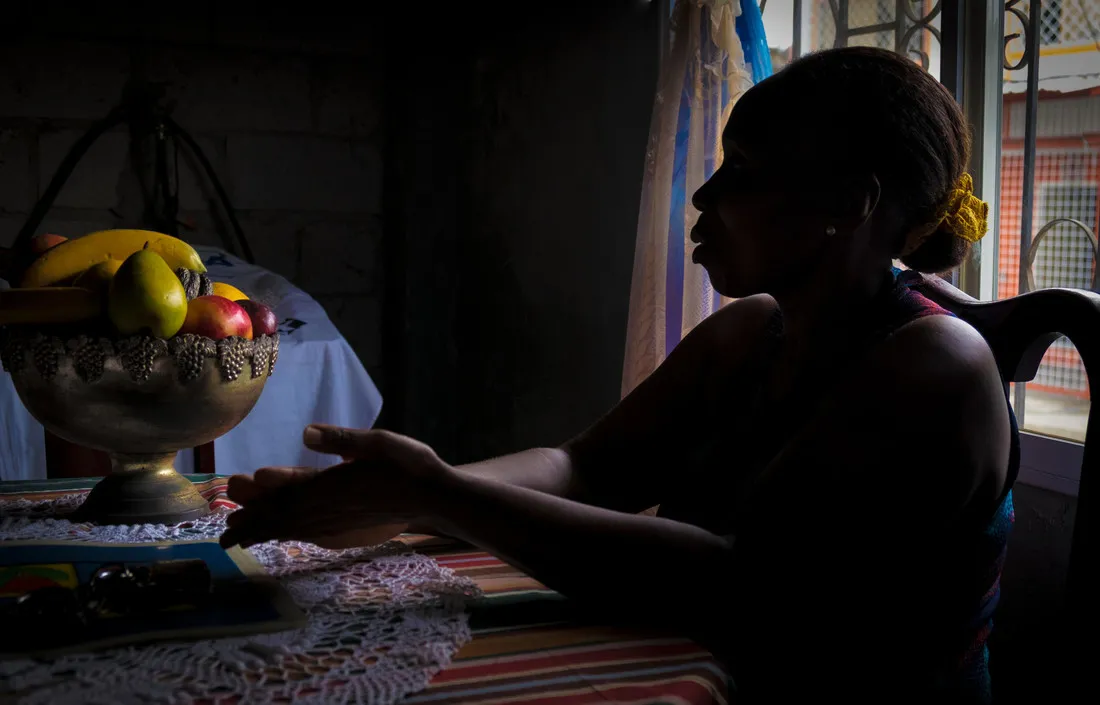Trigger Warning – This story contains information about sexual assault, violence, and/or suicide which may be triggering to survivors.
At age 60, Neurali has spent most of her life in the homes of her employers, cleaning their floors, washing their clothes, cooking their meals, raising their children. Like many maids in Ecuador, she often has faced long workdays with no workplace protections — routinely exploited by those she served, even physically and sexually abused.
In spite of Ecuadoran laws prohibiting child labor and exploitive conditions, many of the 300,000 domestic workers throughout Ecuador share Neurali’s story. They begin work as children (Neurali began working at age 10), hoping for an income to support their family or maybe an education that would offer better career opportunities. When she was a young woman, Neurali moved by herself to Guayaquil, Ecuador’s coastal economic hub, for just those kinds of opportunities. “I heard I could make more money here for the same job,” she says. “I got a job and I was abused, made to sleep in the bathroom.” Hers is a common refrain among domestic workers in Ecuador: “It didn’t work out the way I had planned.”
Part of the problem is that domestic work — whether in Ecuador or elsewhere — often isn’t valued as a legitimate profession and, therefore, those who practice it are not viewed as dignified workers — or at times even as human beings. “I was abused so much, at some point I thought, ‘If everyone is abusing me, then maybe they are right and I am not a human,’” Neurali says.
The devaluing of women and their work opens the door for exploitation, even when laws against those abuses exist, as they do in Ecuador.
In 2013, Ecuador became one of the first countries to ratify Convention 189, which the International Labour Organization approved to set the kind of labor standards Neurali and her colleagues have found so lacking: a minimum wage, paid leave, social security and other benefits that workers in other professions enjoy.

